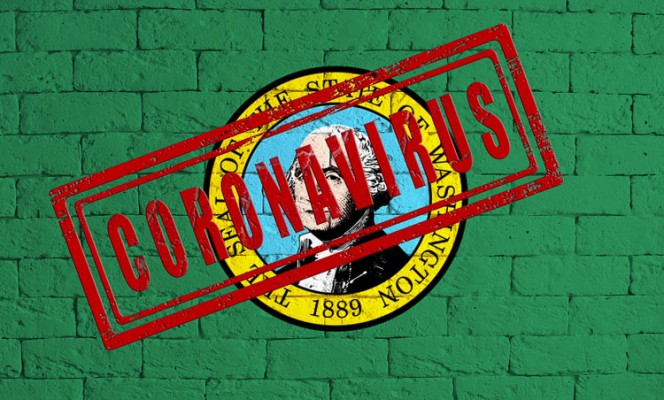
Jason Mercier of the Washington Policy Center discusses a study by the O’Neill Institute for National and Global Health Law
Jason Mercier
Washington Policy Center
Sometimes when you see a study you cry tears of joy. This is one of those times. The O’Neill Institute for National and Global Health Law is taking a close look at the extended use of emergency powers across the world, even as the COVID pandemic moves into an endemic phase. Their experts are recommending reforms to emergency powers.

From the new O’Neill Institute study:
- “While these worthy goals may justify the use of emergency powers, what happens when the threat is no longer a short-term emergency? As some regions of the world begin to gradually return to a semblance of normalcy, disease models predict that SARS-CoV-2 may continue circulating for quite some time. While emergency declarations can be useful tools to manage short-term crises, they should be closely scrutinized to ensure that they are not contributing to democratic backsliding.”
- “The clusters of cases that will emerge are now expected and foreseeable — no longer meeting this emergency definition — and could be contained through a more narrowly tailored approach than a state of emergency declaration.”
- “Lifting state of emergencies, however, should not be dependent on a complete eradication of COVID-19. Prolonging states of emergency, especially in the context of inequitable vaccine distribution, will not only continue to stratify public health outcomes, but may also extend to the health of civic, political, and democratic institutions.”
- “Where states of emergency are necessary, governments should consider adopting emergency declarations that include sunset clauses or expiration dates, as extending such declarations could require both executive action and action from other branches of government, providing protection against democratic regression. Prolonged states of emergency may have a stifling effect on key democratic principles, including democratic debate, discussion, and participation, even when employed in the most benevolent and well-intentioned ways. Prolonged use of heavy-handed legal tools is cause for concern and must be scrutinized.”
- “We, as a global community, should demand that governments be willing to impose limitations on their own powers, making emergency declarations the exception instead of the rule.”
Can I get an amen?
Jason Mercier is the director of the Center for Government Reform at the Washington Policy Center.




